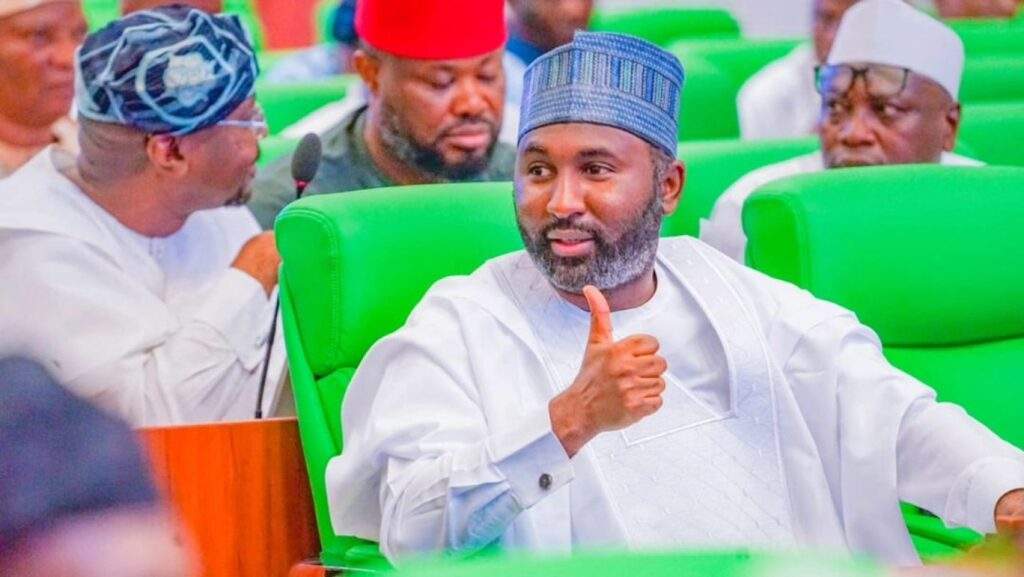Abubakar Bichi, the Chairman of the House Committee on Appropriation, has dissected the recently increased N28.777 trillion Appropriation Bill, which was unanimously passed by both chambers of the National Assembly.
In a press briefing, Bichi revealed that the committee conducted a comprehensive town hall meeting to gather public input on the budget. He acknowledged that presenting the budget in late November failed to comply with existing laws stipulating a three-month advance presentation before the end of the fiscal year. He emphasized the challenges posed by the tardy submission, which intensified the pressure on the committee in processing the 2024 budget.
Explaining the N1.2 trillion increase, Bichi attributed it to inflation and the commitment of Government Owned Enterprises (GOEs) to augment their revenue. He highlighted the impact of inflation and fluctuating exchange rates, citing the adjustment of the dollar rate from N750 to N800. Moreover, the engagement with GOEs resulted in an agreement to bolster their revenue, thereby contributing to the additional N1.2 trillion, predominantly allocated to capital expenditure.
Noteworthy is the unprecedented allocation of approximately N850 billion to the education sector, signifying a significant emphasis on human capital development. Bichi expressed optimism about the budget’s potential to yield substantial positive outcomes for Nigeria, citing the shift towards a larger capital allocation compared to recurrent expenditure.
Breaking down the Appropriation Bill, the allocations are as follows:
– Statutory transfers: N1,742,786,788,150
– Debt servicing: N8,270,960,606,831
– Recurrent (non-debt) expenditure: N8,768,513,380,852
– Contribution to development fund for capital expenditure: N9,995,143,298,028
The detailed breakdown further showcases allocations to various sectors and entities:
– Statutory Transfers:
– National Judicial Council: N341,625,739,236
– Niger-Delta Development Commission: N338,924,732,832
– Universal Basic Education Commission: N263,043,551,250
– National Assembly:
– Senate: N49,144,916,519
– House of Representatives: N78,624,487,169
– Presidency:
– Recurrent: N97,913,321,898
– Capital: N82,922,332,768
– Ministry of Defence:
– Recurrent: N1,308,493,771,066
– Capital: N339,286,557,299
– Ministry of Works:
– Recurrent: N39,374,777,404
– Capital: N892,461,262,656
– Ministry of Education:
– Recurrent: N857,134,132,339
– Capital: N417,579,107,875
The meticulous allocation of funds reflects a clear prioritization of key sectors, including education, defense, infrastructure, and governance. Bichi’s comprehensive breakdown of the budget sheds light on the government’s strategic financial planning and its potential impact on Nigeria’s socio-economic landscape.
